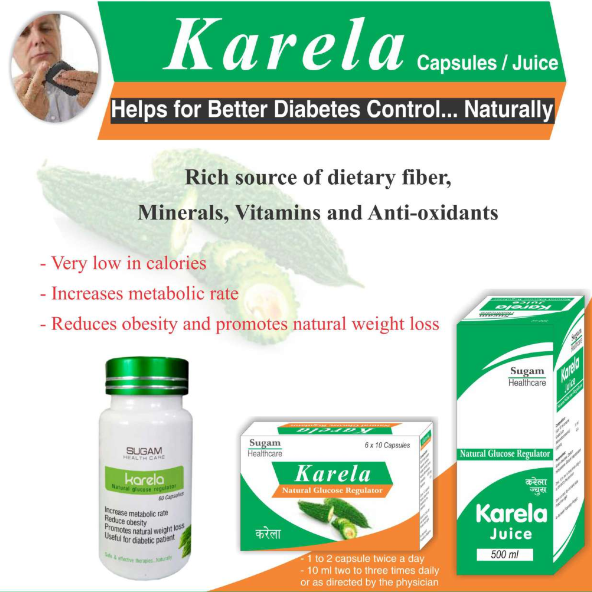SUFOL FOLIC ACID 1MG 30’S
$4.95
SUGAM SUFOL FOLIC ACID 1MG 30’S
10 in stock
Description
SUFOL FOLIC ACID 1MG 30’S
Folic acid is the synthetic form of folate, which is a naturally occurring B vitamin. Manufacturers add it to supplements and fortified foods because it helps produce red blood cells, among other benefits. It is especially important in prenatal health.
Folate, also called vitamin B-9, is a B vitamin that naturally occurs in certain foods. Folic acid is the form of folate that manufacturers add to vitamin supplements and fortified foods.
This article explores the functions of folic acid in the body, its benefits, some sources, the recommended intakes, the risks, and the effects of deficiency.
Why is folic acid important?
Folate is important for a range of functions in the body.
It helps the body make healthy new red blood cells, for example. Red blood cells carry oxygen throughout the body. If the body does not make enough of these, a person can develop anemia, leading to fatigue, weakness, and a pale complexion.
Without enough folate, a person can also develop a type of anemia called folate deficiency anemia.
Folate is also important for the synthesis and repair of DNA and other genetic material, and it is necessary for cells to divide.
Getting enough folate during pregnancy is particularly important. This is because folic acid is crucial for early fetal development, particularly with regard to the spinal cord.
Folate deficiency
Folate deficiency occurs when there is not enough folate present in the body. This can lead to a type of anemia called megaloblastic anemia.
During pregnancy, folate deficiency increases the risk of congenital irregularities.
Some symptoms of folate deficiency include:
– weakness
– fatigue
– trouble concentrating
– headache
– irritability
– heart palpitations
– sores on the tongue and inside the mouth
– a change in color of the skin, hair, or fingernails
– irritability, headache, heart palpitations, and shortness of breath
Some groups at increased risk of folate deficiency include:
– people with alcohol use disorder
– pregnant people
– people of childbearing age
– people with conditions that affect nutrient absorption, including irritable bowel disorder (IBD) and celiac disease
– people with MTHFR polymorphism, which is a genetic condition that impairs the ability to convert folate to its active form and leads to elevated levels of an amino acid called homocysteine in the blood.








